Okami 2 was a pipedream. Capcom and Clover’s beloved PS2 adventure might have been a critical darling at launch, but it sold poorly and wouldn’t recoup its budget until a selection of HD re-releases years later. It was a love letter to The Legend of Zelda and Japanese folklore with a timeless watercolour aesthetic and a cast of characters that quickly became iconic, but seemed like a one-and-done cult hit.
This was confounded when some of its key development staff – including industry legend Hideki Kamiya – moved away from Capcom to form PlatinumGames. Okami was doomed to be a solitary classic that we look back on fondly for the rest of time. Now, by some miracle, a sequel is confirmed to be in development with Kamiya back at the helm as part of his new studio, aptly named Clovers, as a follow-up of sorts to what came before.
Okami 2 Was The Game Award’s Biggest Surprise
Despite unveiling that an Okami sequel was on the way, we saw nothing of the game aside from a brief watercolour animation that played out on the screen behind the orchestra as it bellowed out a classic melody from the original. There wasn’t even a number on the end of the title or a piece of art to accompany its reveal, possibly because it was a late addition to The Game Awards, or maybe as an indicator of how far out this game is. But Kamiya was in the building, and let the people know that he and Capcom would be involved.
Okami 2 is literally just entering production, and there’s no telling whether this means a full development pipeline or assembling a team to think about making the game a reality. How the game was revealed reminds me of E3 2015 when Sony came on stage during its press conference to reveal Final Fantasy 7 Remake for the first time.
In the months and years to follow, it became obvious that this game was still in the early stages of development, and it would be half a decade until we actually had it in our hands. It switched developers before becoming an ambitious trilogy instead of a single game, and looking back on the very first glimpses reveals a stark contrast between what we saw during the reveal, and what we all eventually played.
Final Fantasy was followed up by Shenmue 3, which was even earlier in development. Hell, it wasn’t in development at all, and the announcement was instead to reveal the Kickstarter campaign for the long-awaited sequel, which would go on to raise millions and help to create a game that was absolute garbage. Ah well, it was worth a short. But regardless of how such games turned out, announcing them so early only served to form false expectations across communities and, in some ways, set projects up for failure.
But When Will We Actually Get To Play It?
Just look at Cyberpunk 2077 and its initial reveal trailer, and a development pipeline that put more importance on impressive press demos and marketing pushes over ensuring the game itself was in a playable state. The end result was a disaster, and again and again we’ve seen this industry refuse to learn its lesson. I had flashbacks to this when The Witcher 4 received its first trailer last night, a purely cinematic showcase with no release window in sight. This is to be expected, although it only serves to exacerbate the awkward truth that most blockbuster games take too long and cost too much to make.
It turns The Game Awards into a flurry of announcements that, on the surface, are incredibly exciting and unexpected, but once the dust has cleared, you can’t help but question things. It’s also worth noting that early cinematic trailers are not just marketing for fans, but also recruitment tools intended to encourage potential developers to jump into the fray. “We’re making this cool thing, so please come and help us make it a reality” and so on, but if you’re an Average Joe seeing a trailer for a cool game, it’s not something you’re going to care about or even be aware of.
Okami 2 is one of the most thrilling dream reveals I could possibly think of for a show like this, a game that is too good to be true in a lot of ways. Considering it’s years from its release or even another trailer, maybe it is. The sooner we get out of this unhealthy trend, the better, but unless something drastic changes in the way games are developed and/or marketed, I don’t think we can.
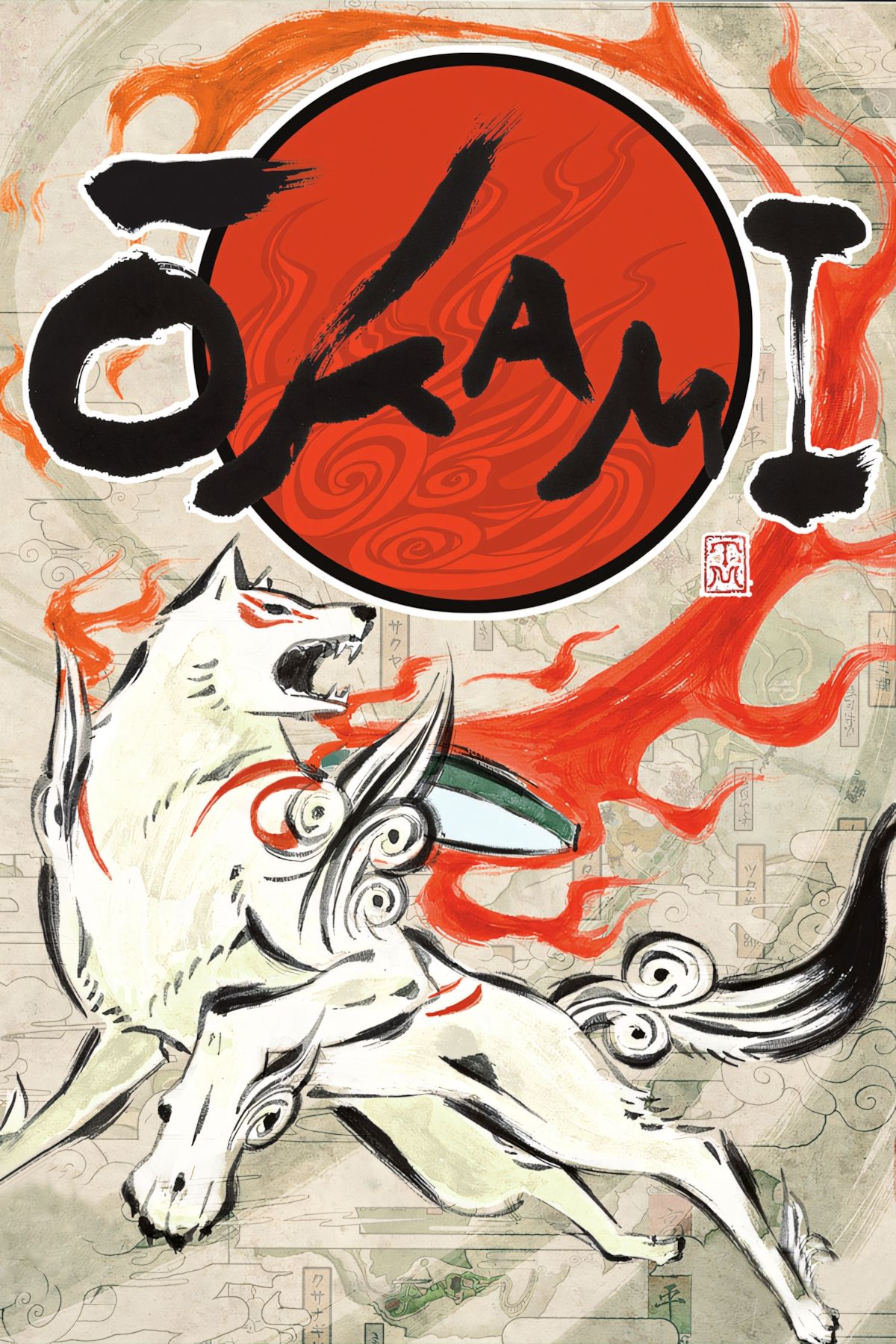
Clover Studios’ Okami sees you play the role of Amaterasu, a wolf who must save the world from darkness. Originally launched in 2006, it feature a gorgeous art style inspired by sumi-e ink painting.
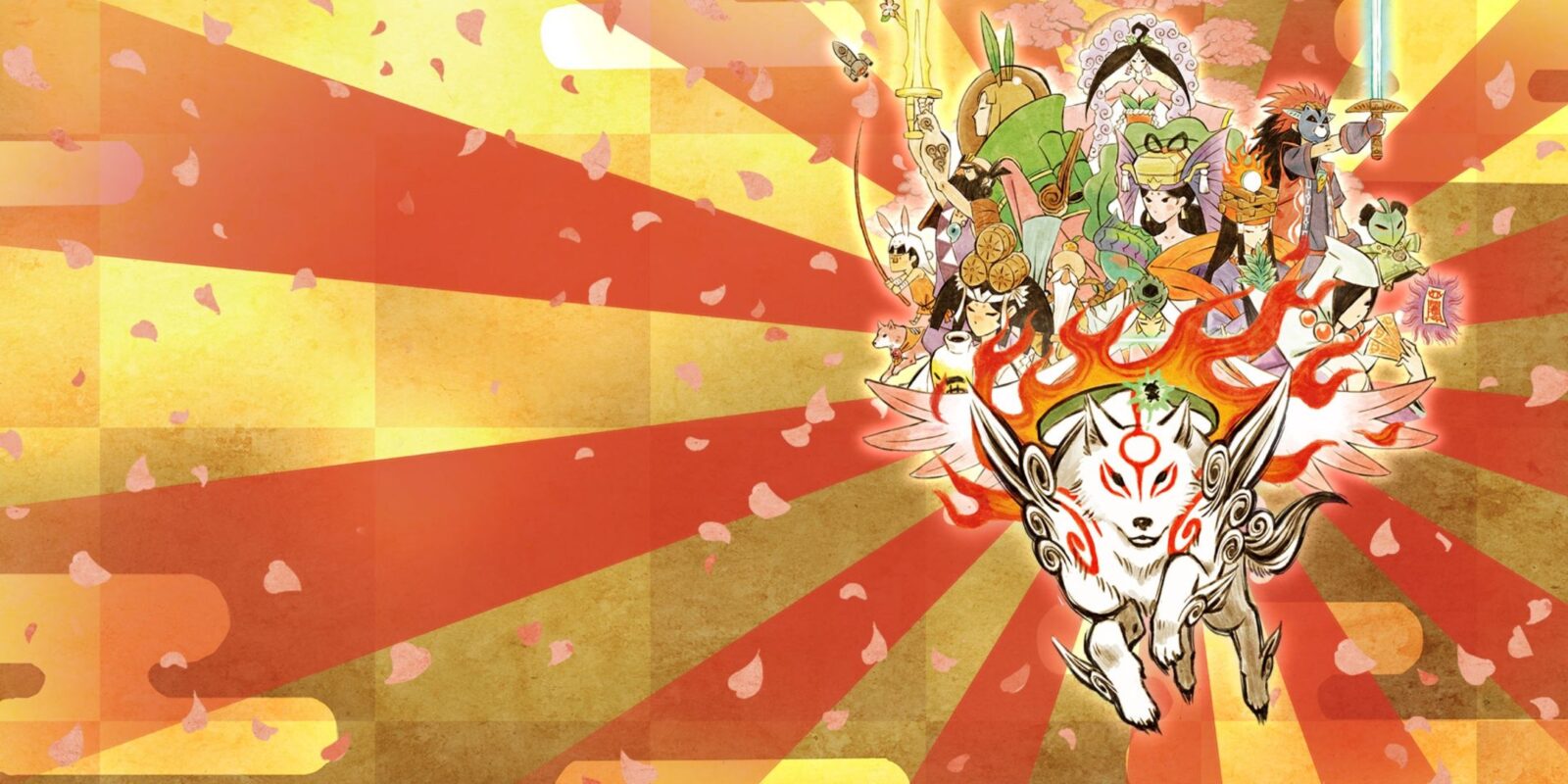

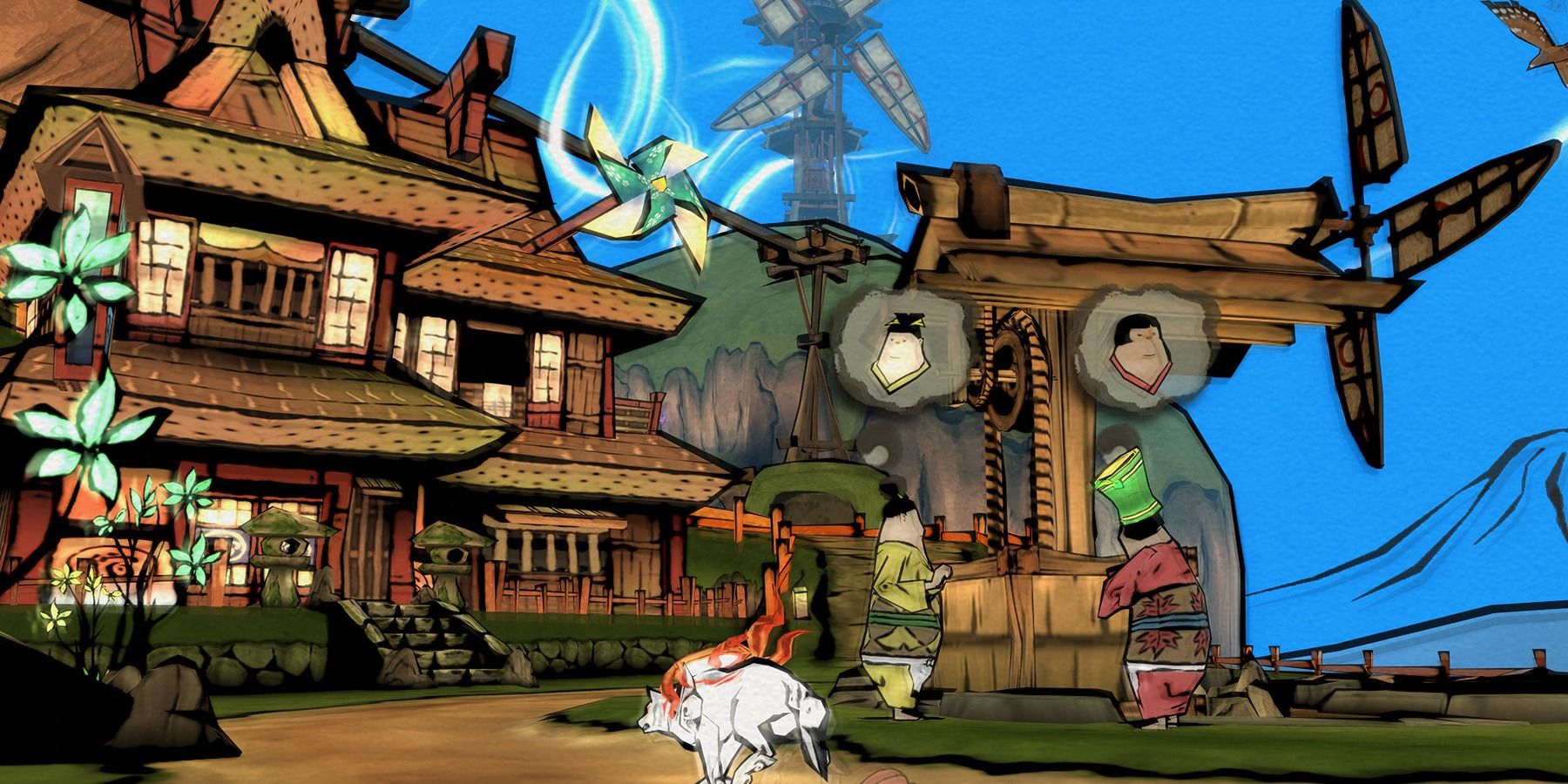
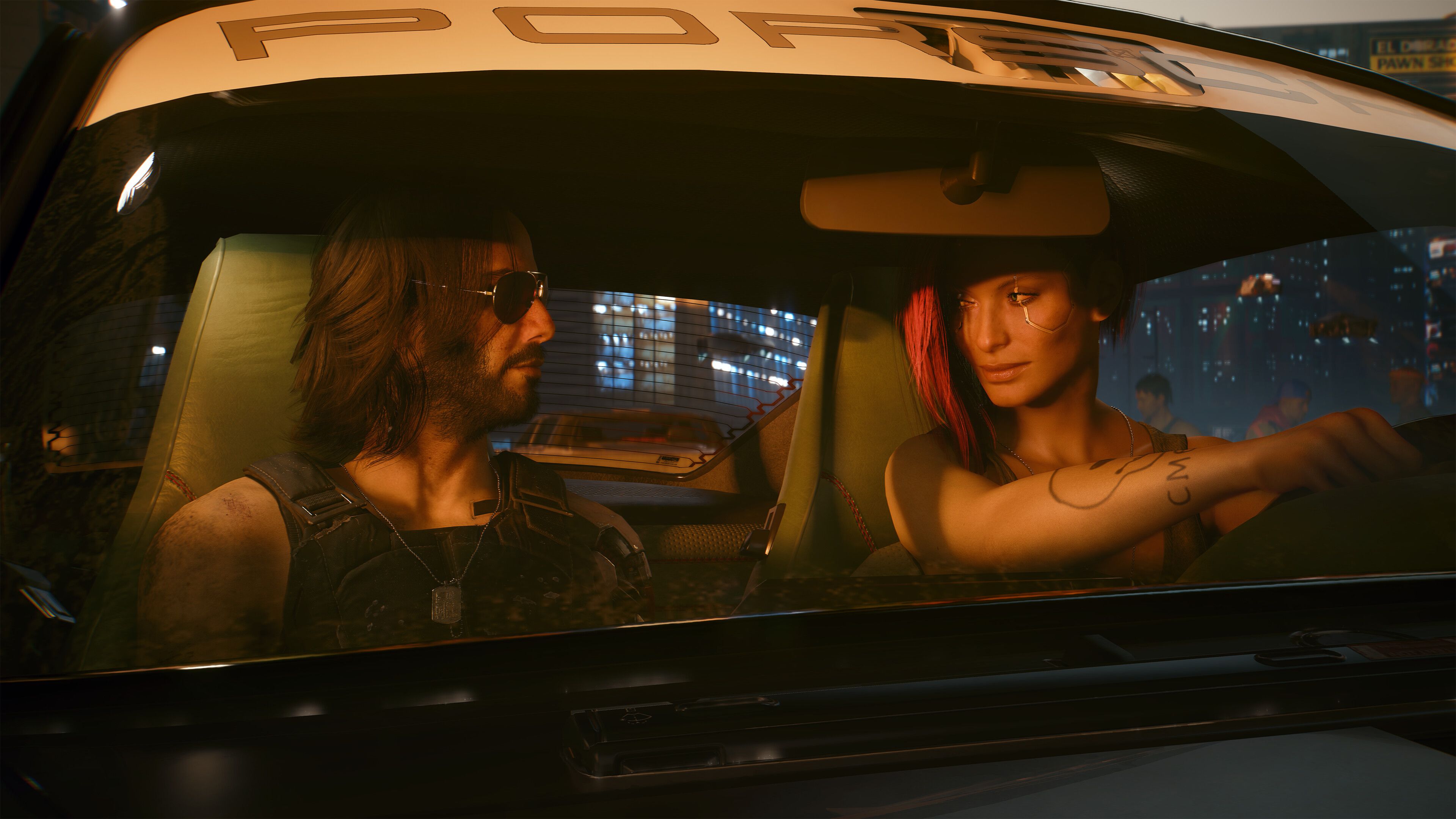
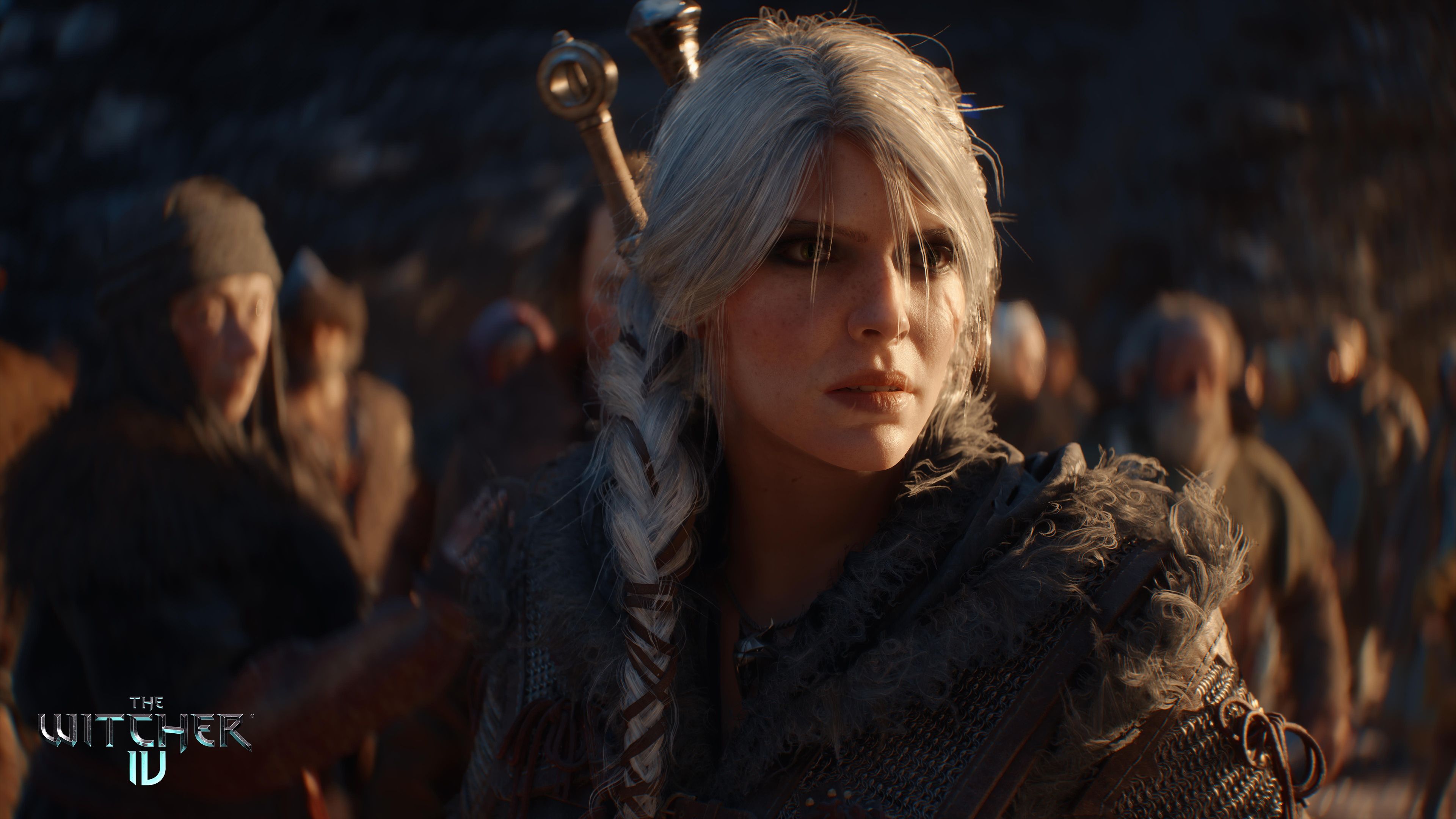

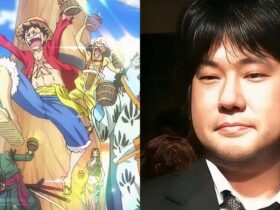
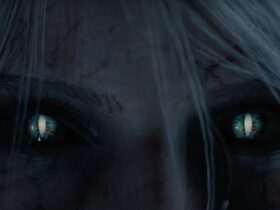
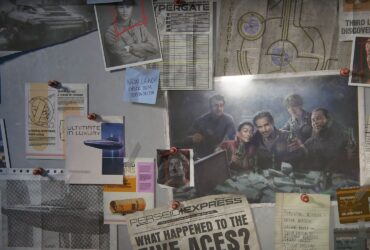


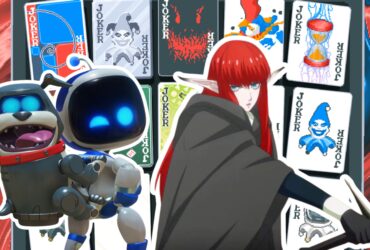

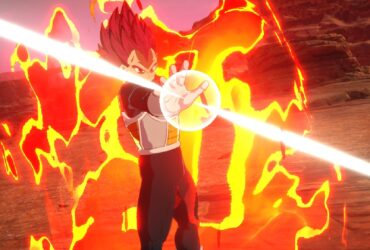
Leave a Reply